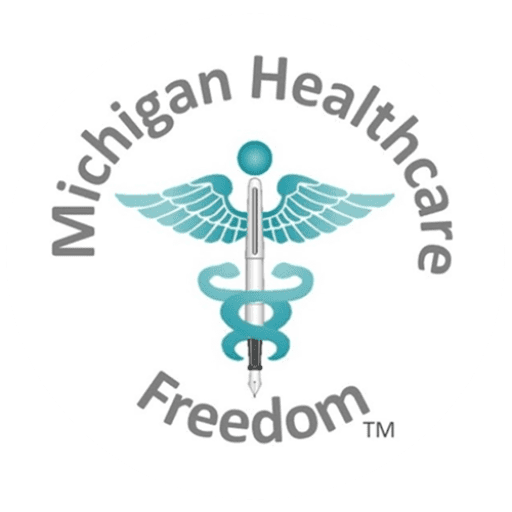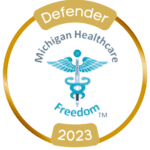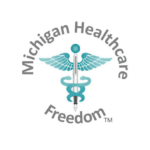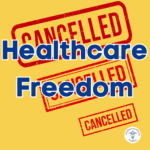Despite many commonsense reasons to stop, the Michigan legislature continues to create new healthcare license laws.
Since January, 2021, legislators have advanced forty-three bills regarding health occupation licenses. Most tweak existing license laws – creating exemptions, subsidies, new layers of bureaucracy, education mandates, or scope of practice adjustments, tightening or easing restrictions on the work of healthcare. Facility licensing deserves its own article.
However, several bills initiate new licenses that impact current Michigan workers. Specific state restrictions upon music therapists, dental specialties, anesthesia assistants, nutritionists, and naturopathic physicians will impact their patients as well.
What if there is no law?
Does absence of law mean these workers currently operate illegally? Absolutely not. Gaps in occupational law are not errors or omissions: they represent space for freedom.
Space for freedom is essential in healthcare. Unique patient problems often defy resolution, especially given healthcare shortages. When law forces specialists into rigid silos, it creates gaps in care. Above all, people need to be treated for their individual needs, regardless of occupational labels.
After all, this is America. Law is not intended to micromanage every possible human endeavor. Quite the reverse: limited government leaves opportunity for initiative and innovation.
What will the new licenses do?
These individuals are perfectly free to serve Michigan residents as they are – unless these bills become law. Then, they will have to get state permission to work, and meet new state requirements.
The resources clinicians must give to meet license requirements (time, money, flexibility), are lost to them and to their patients. Some attention they directed toward patients will now go to the state. This is the real cost of government in healthcare.
Why do we keep raising license barriers to care?
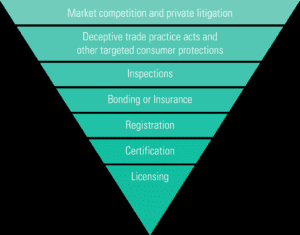
- Licensing creates barriers to employment and competition.
- Consumer safety claims for state licensing are unproven.
- Most often, certain occupations want insurance reimbursement or market dominance (protectionism).
- At least ten less-restrictive alternatives exist. (Institute for Justice.)
- Licenses worsen healthcare shortages and reduce access to care.
Worst of all, a century of increasing license mandates has developed a regulatory culture. This stifles human initiative and fosters dependency.
Instead of doubling down on licensing, we should roll back state barriers to innovation. Simplifying our excessive licensure would relieve system overwhelm. At a personal level, it would foster closer patient-professional relationships and free a new generation to experience the quintessential American can-do spirit.
This is one of a series of articles about Michigan legislative bills scored for the MHF 2022 Report Card, part of the HEAL Michigan Project.
